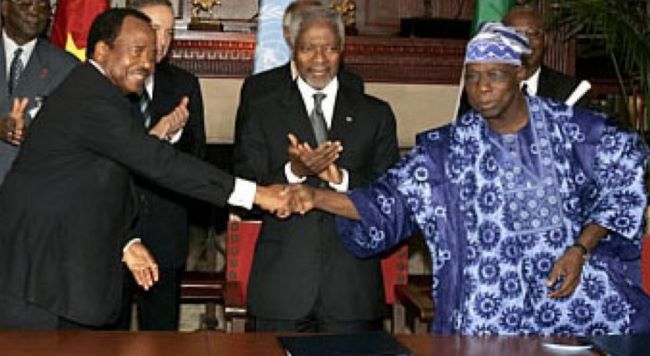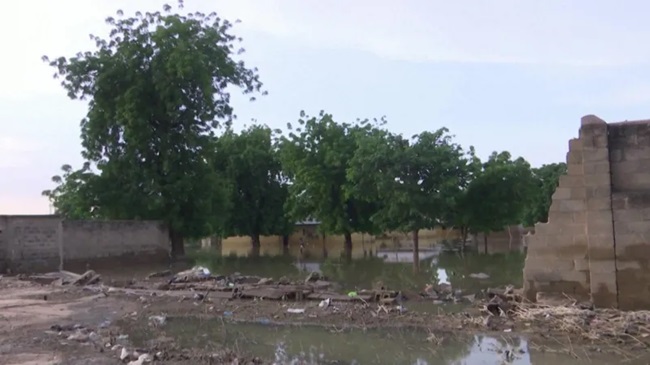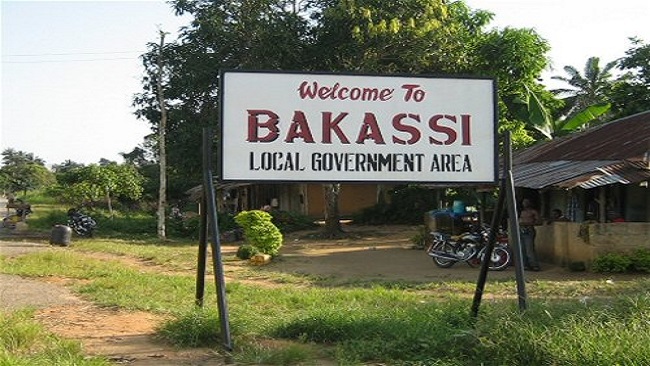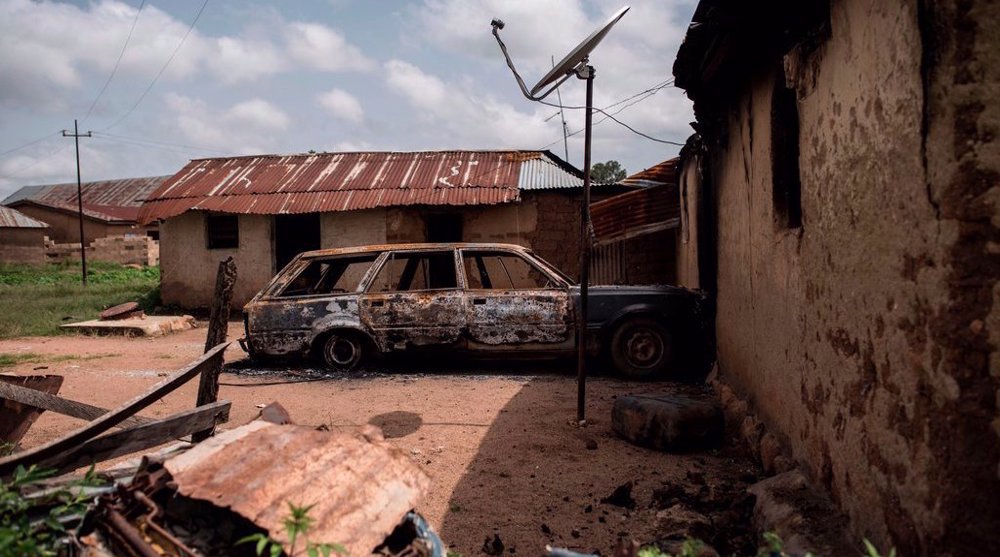1, April 2025
Former Nigerian head of state Obasanjo to invest $700mln in Kribi 0
Olusegun Obasanjo, Nigeria’s former president turned businessman, is set to visit the Kribi deep-sea port in Cameroon this April to launch his company, Obasanjo Agro-Allied Business Ltd (OABL). His venture aims to strengthen cross-border trade between Cameroon and Nigeria.
According to Agha Albert Ngwana, CEO of Aftel Cameroon Limited, a partner of Obasanjo’s group, OABL plans to invest $700 million (about CFA420 billion) in multiple sectors, including agriculture, maritime transport, hospitality, and oil.
As part of the project, Obasanjo will expand his farm operations into Cameroon, cultivating maize and soybeans on 610 hectares of land to support his livestock business. OABL has secured land concessions from the Kribi port authority and intends to set up packaging factories, wholesale fertilizer distribution, and warehouse facilities.
The company also plans to develop a 10-hectare site for wood processing and introduce various maritime services to ease congestion at Nigeria’s Apapa and Lekki ports. “Our goal is to provide transshipment services and other key operations at the Kribi deep-sea port,” Ngwana explained. OABL’s plans also include building oil and gas storage facilities for ship refueling and constructing a five-star hotel in Kribi.
Obasanjo’s investment comes as Kribi prepares to launch the second phase of its port expansion. China Harbour Engineering Company (CHEC), a subsidiary of China Communications Construction Company (CCCC), completed the technical handover of the new infrastructure on February 21, 2025. The extension, which includes a 715-meter-long dock, is expected to boost efficiency and capacity when commercial operations begin in April.
OABL’s projects will not only strengthen economic ties between Cameroon and Nigeria—two of the region’s leading economies—but also support local producers, enhance regional development, and position Kribi as a key hub for cross-border trade. This aligns with the objectives of the African Continental Free Trade Area (AfCFTA) by promoting intra-African commerce.
In 2023, trade between Cameroon and Nigeria was largely driven by exports, reaching CFA39.5 billion, with imports totaling CFA39.4 billion, according to Cameroon’s National Institute of Statistics. However, authorities note that informal trade and smuggling significantly impact official trade figures, given the two countries share a long and porous 1,500-km border.
Source: Business in Cameroon


























9, April 2025
Nigerian governor warns of Boko Haram comeback 0
The governor of Nigeria’s Borno state has warned that jihadist group Boko Haram is making a comeback after its fighters staged a series of attacks and seized control of some parts of the north-eastern state.
Babagana Zulum called for more military assistance for soldiers fighting the insurgency.
The Nigerian government has downplayed the governor’s fears, saying security in the country has improved in the last 18 months.
Borno state has been at the centre of a 15-year insurgency by Boko Haram, which has forced more than two million people to flee their homes and killed more than 40,000.
At the height of its insurgency in 2015, Boko Haram controlled huge areas in Borno state before being beaten back.
The militant group gained international notoriety in April 2014 when it kidnapped more than 270 schoolgirls from the town of Chibok, also in Borno state.
Following a relative lull, the militants have been targeting army bases, police stations and rural communities.
In January, an ambush by the Boko Haram breakaway faction, Islamic State West Africa Province (Iswap), reportedly killed at least 20 Nigerian soldiers, while another attack in the same period left 40 farmers dead.
Governor Zulum said it was disheartening that the group now attacked and kidnapped people in many communities almost on a daily basis.
In a meeting with national security officials, he said that Borno State was “losing ground,” against the jihadists.
Security analysts say the concentration of soldiers in north-western Nigeria to deal with banditry and kidnappings has led to a reduction in the number of troops on the frontline with Boko Haram in Borno and other parts of the north-east.
The fight against the militants became even more challenging after neighbouring Niger withdrew its troops from a regional force set up to tackle the jihadist group.
Another analyst, Hamisu Sani, told the BBC that it wouldn’t be easy to defeat Boko Haram but it wasn’t impossible.
“No matter how our military weaken them, they can always regroup and will remain a threat,” he said.
“The solution would be to crush the fighters in their entirety – which is possible given the right support to our military.”
Source: BBC